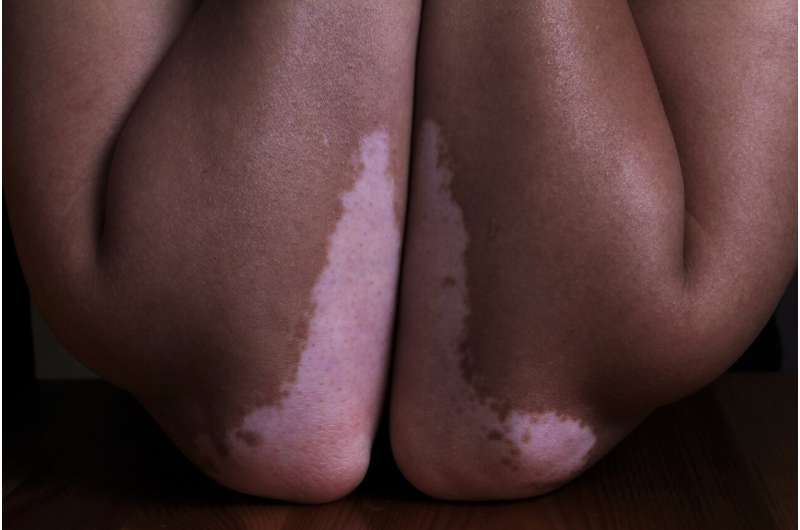Depression Risk Elevated in Patients with Vitiligo, Especially Among Black and Hispanic Populations

Research reveals that vitiligo significantly increases depression risk, especially among Black and Hispanic populations, emphasizing the need for integrated dermatologic and mental health care.
A comprehensive study led by researchers from the David Geffen School of Medicine at UCLA has identified a significant link between vitiligo and increased depression risk, with notable disparities across racial and ethnic groups. Vitiligo, a chronic autoimmune skin condition affecting about 1% of the global population, causes the loss of melanocytes, resulting in depigmented patches on the skin. While primarily a dermatological concern, its psychosocial impact can be profound, often leading to reduced self-esteem, social stigma, and elevated depression rates.
In this recent research, published as a pre-proof in JAAD International, investigators analyzed electronic health records from the NIH All of Us Program covering data from 2018 to 2024. The study included 254,700 individuals, among whom 1,087 had vitiligo. Each patient with vitiligo was matched with five control individuals without the condition, considering factors like age, sex, race/ethnicity, education, income, and insurance status. Statistical analyses revealed that overall, vitiligo increases the likelihood of depression, with an adjusted odds ratio of 1.34.
The analysis uncovered racial and ethnic differences in depression risk. Black patients with vitiligo exhibited more than twice the risk of depression compared to Black patients without vitiligo (aOR 2.13). Hispanic patients with the condition also showed a significant increase in depression risk (aOR 1.45). Among non-Hispanic patients, those with vitiligo had an elevated risk (aOR 1.29), while white patients' risk was not statistically significant, and Asian patients showed a lower, non-significant risk.
These findings highlight the uneven mental health burden of vitiligo, potentially influenced by factors such as lesion visibility, cultural stigma, and access to mental health and dermatologic services. The researchers suggest future studies to explore how the location and onset age of vitiligo, as well as treatments like phototherapy and ruxolitinib, impact depression. They also recommend integrating dermatology and psychiatry care models to better address these mental health challenges.
This pivotal research underscores the importance of holistic care for vitiligo patients and calls for tailored mental health support, particularly for vulnerable racial and ethnic groups, to improve their overall quality of life.
Source: https://medicalxpress.com/news/2025-08-vitiligo-linked-higher-depression-large.html
Stay Updated with Mia's Feed
Get the latest health & wellness insights delivered straight to your inbox.
Related Articles
Viewing Catastrophes as Opportunities for Growth Linked to Reduced Depression and Inflammation
A groundbreaking study from Stanford reveals that reframing traumatic experiences as growth opportunities can lower depression and inflammation, promoting resilience and better health outcomes.
Why Spouses Often Share the Same Mental Health Diagnoses and What it Means
Recent research shows that spouses are more likely to share the same mental health conditions, influenced by factors like assortative mating and social proximity. Understanding these patterns can improve mental health awareness and relationship support.
Impact of Cyberbullying on Adolescent Mental Health: New Research Highlights Risks
New research reveals that all forms of cyberbullying, including social exclusion and gossip, can cause serious trauma in teenagers, underscoring the need for trauma-informed interventions to protect youth mental health.
Exploring the Connection Between Empathy and Synchronization in Children's Musical Interactions
A new research study explores how empathy and synchronization are interconnected in children's musical activities, shedding light on social bonding and emotional development in childhood.



